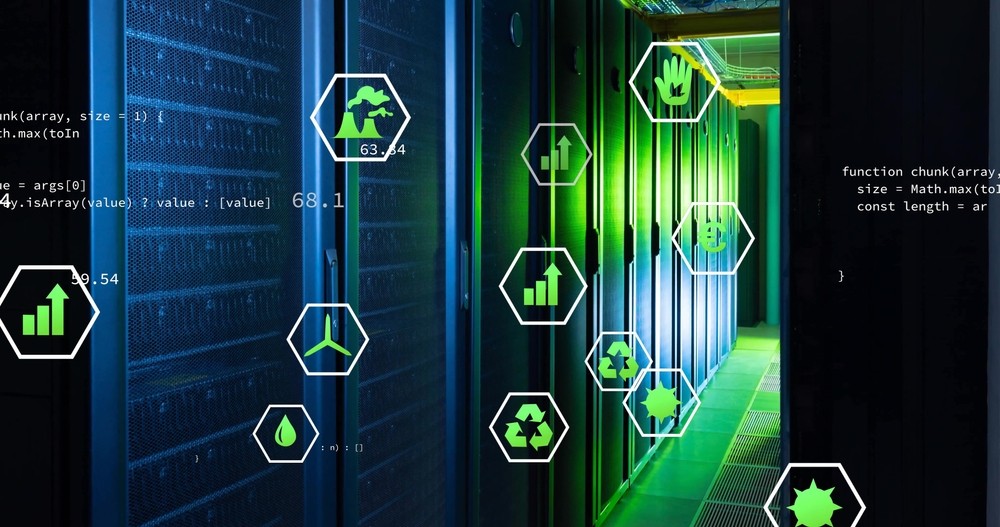World-leading companies are intensifying efforts around energy efficiency solutions which promise to shape the future of AI and data centres. Today marked the launch of the Smart Energy Coalition by the global non-profit Climate Group, focusing on energy optimisation initiatives, especially relevant during a summer of record-breaking temperatures.
The Coalition, previously known as EP100, has set its sights on enhancing energy security through smarter heating and cooling systems, presenting energy efficiency as an economic powerhouse. Comprising over 100 businesses across 200 markets and 15 industries, the Coalition's members collectively achieved a saving of US $164 million in 2024 and facilitated over 8% annual energy productivity improvements, a remarkable achievement compared to the global average of just 1%.
The demand for electricity from data centres worldwide is projected to more than double by 2030, equating to the entire electricity consumption of Japan, according to research by the IEA1. Simultaneously, as temperatures soar globally, the urgency of energy-efficient cooling systems intensifies. The UK, along with Japan, South Korea, and parts of Europe, witnessed soaring temperatures this summer, propelling air conditioning to become the fastest-growing energy demand source for the building sector, with annual increases nearing 4% until 2035.
Sam Kimmins, Director of Energy at Climate Group, highlighted the economic and strategic advantages, stating that energy efficiency cuts costs, boosts competitiveness, and strengthens energy security. It stands as a potent solution amidst the growing demands of AI, data centres, and cooling systems.
Stacy Mahler, US Head of Sustainability at Siemens, emphasised the priority of energy efficiency amidst various technological advancements. By aligning operational and cost benefits, Siemens aims to showcase smarter ways to balance demand and supply in today's competitive landscape.
IEA's findings also underscore the broader impact of these strategic initiatives. Doubling energy efficiency by 2030 could potentially reduce global emissions by 6.5 billion tonnes while slashing global energy costs by nearly 10%.




